20 April 2025
There’s something magical about a group of strangers coming together for a shared passion, isn’t there? Whether it's cheering for their favorite player, arguing about strategies, or screaming in joy (or agony) during a match, fan culture in e-sports is a phenomenon that has completely transformed gaming into more than just… gaming. It’s a movement, a lifestyle, and for some, a second family.
Let’s grab a drink, get cozy, and dive into what makes this whole fan culture thing so special, okay? This is about more than pixels on a screen—it’s about people, passion, and a whole lot of heart. 
What Even Is Fan Culture in E-Sports?
Okay, picture this: you're at an e-sports tournament. The crowd is electric, people are wearing jerseys with their favorite team's logo, and some are holding up hilariously creative signs (probably memes, because, let’s be honest, gamers can’t resist a good meme). You hear chants and cheers that echo through the arena. This? This is fan culture in e-sports.It’s more than just showing support—it’s about being part of something bigger than yourself. Fan culture is about celebrating the players, the game, and the community that binds it all together.
Video games might have started as a fun solo activity in someone’s living room, but e-sports have revolutionized how we experience gaming. Today, fans are the backbone of this industry, keeping it alive and thriving. They’re not just spectators—they’re active participants in the growth of e-sports. 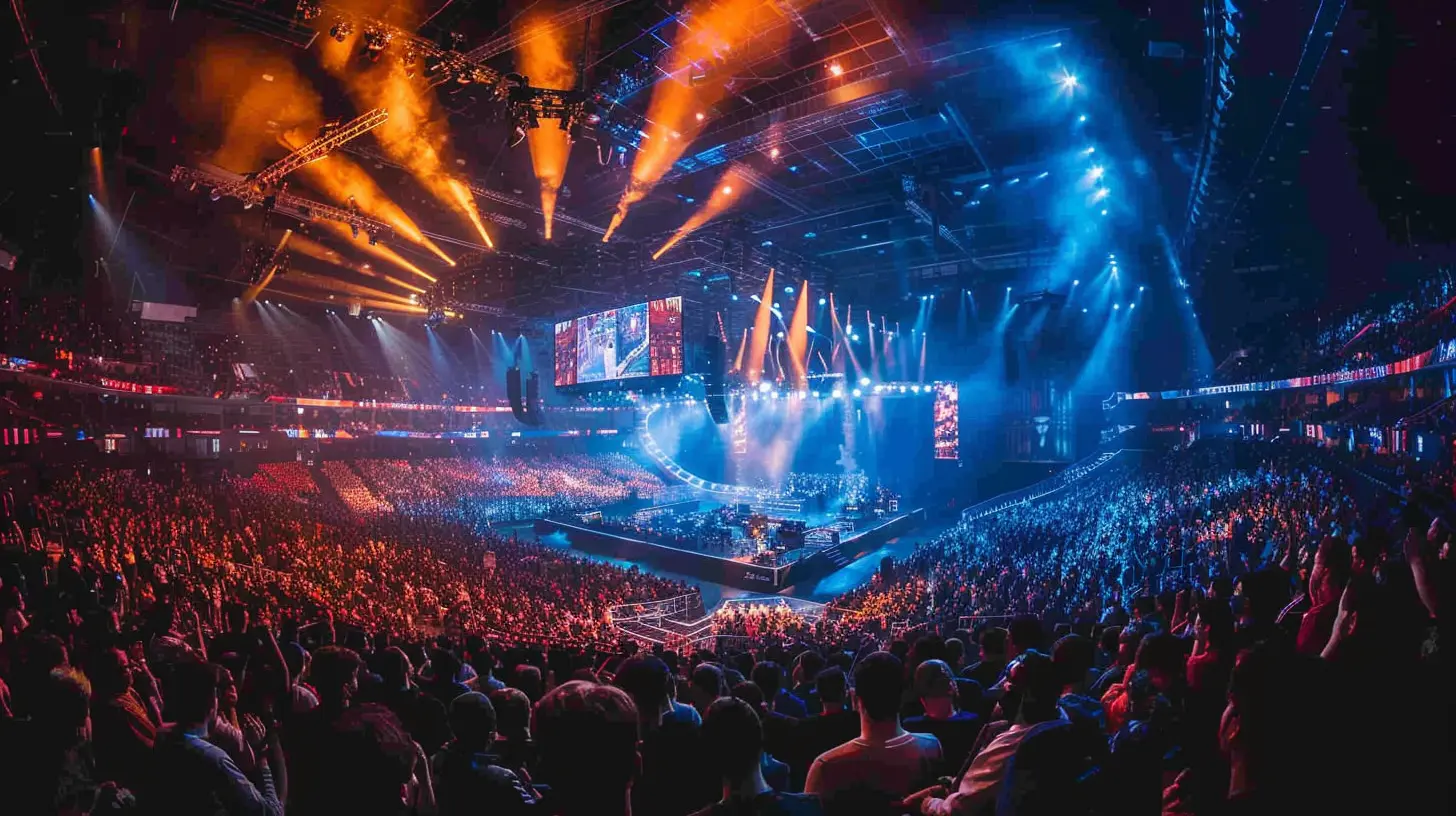
Why Is Fan Culture Such a Big Deal?
You bet it’s a big deal. Imagine e-sports without fans—just players competing in silence. Sounds kinda… boring, right? Fans bring the energy, the noise, and the hype. They aren’t just cheering for their favorite players or teams; they’re part of every victory and defeat. It’s like being in a massive multiplayer online role-playing game (MMORPG), except IRL.But it’s not just entertainment—fan culture has real-world effects. Need some receipts? Sure.
1. Financial Support: Fans buy merch, tickets, in-game items, and donate to streamers. Their wallets keep the e-sports ecosystem alive.
2. Social Media Buzz: Tweets, TikToks, and memes—fans create so much online chatter. This makes e-sports a trending topic, attracting sponsors and advertisers.
3. Emotional Fuel: Players have often credited fans for keeping them motivated. When the stakes are high, and someone's gaming skills are being put to the ultimate test, the chanting and cheers from loyal fans can make a world of difference. 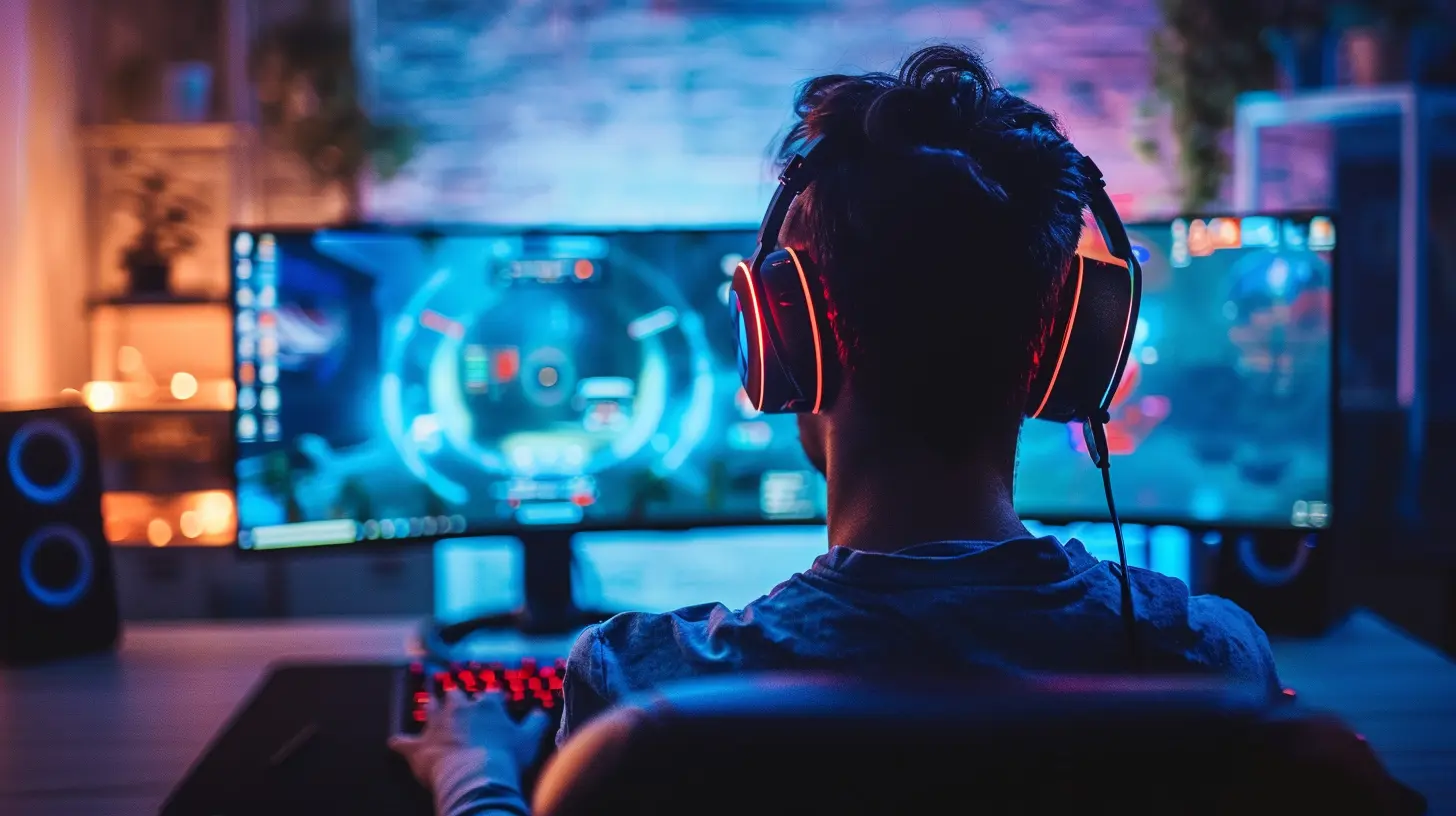
The Types of Fans You'll Meet in E-Sports
Let’s be real—fans come in all shapes and flavors, and e-sports is no exception. Here are just a few types you’re likely to run into:1. The Die-Hards
These folks live and breathe e-sports. They know every player’s stats, follow every team on social media, and probably have alerts set up for match schedules. They’ll defend their favorite team (and game) with the intensity of a lawyer in a courtroom drama.2. The Casual Watchers
They’re just here for a good time. Maybe they stumbled upon a tournament on Twitch or got invited by a friend. They can’t tell you the difference between a tank and a support character, but hey, they’re having fun.3. The Meme Lords
You know these people. They’re the ones who turn every highlight moment into a gif or viral tweet. They’re also responsible for half the signs you see in the audience. Bless them—e-sports wouldn’t be the same without their humor.4. The Local Organizers
Shout-out to the unsung heroes of regional fandoms: the people organizing viewing parties, mini-tournaments, and Discord hangouts. These fans are glue that keeps small, local communities active and thriving.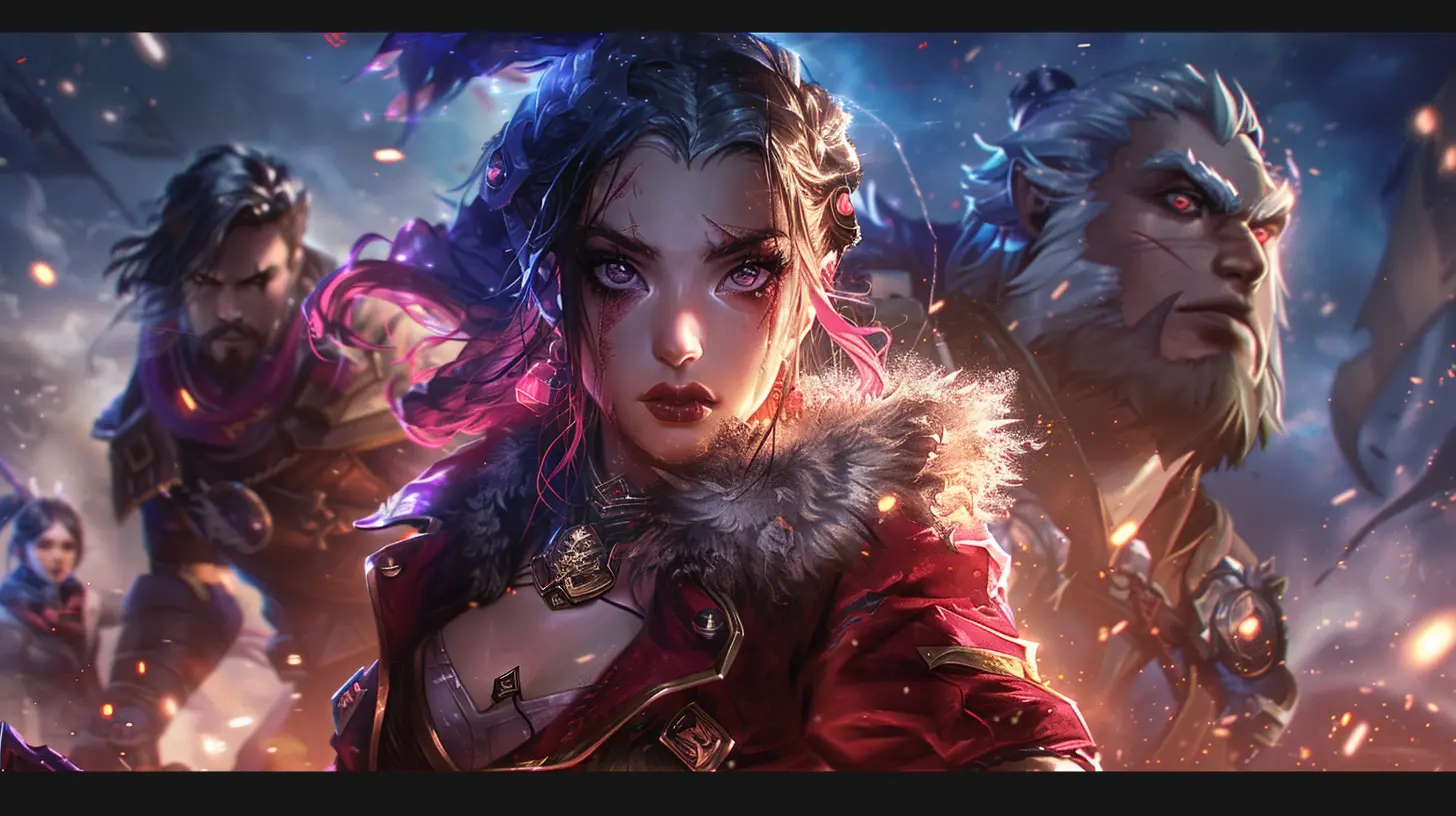
How Community Support Shapes E-Sports
E-sports didn’t skyrocket into a billion-dollar industry on its own. Nope, it’s the fans and their relentless community spirit that got it here. Let’s break it down:1. Grassroots Growth
Back in the day, gaming communities were tight-knit. Players hosted LAN parties in basements (remember that?), organized local tournaments, and spread the word about their favorite titles. That grassroots enthusiasm is still alive today and plays a massive role in keeping e-sports accessible and inclusive.Think about games like DOTA 2 or CS:GO. Their competitive scenes were built from the ground up by fans before corporations came knocking.
2. Setting Trends
Whatever’s trending in e-sports? Fans probably started it. From hyped meta discussions to the rise of new games (like how Valorant blew up in 2020), fans drive what’s popular. Developers and organizations pay real close attention because fan interest equals money.3. Unwavering Loyalty
Sure, games come and go (RIP StarCraft II’s peak days), but fan loyalty is everlasting. They’ll stick around even during rough patches, whether it’s their favorite team losing streaks or a game undergoing balance “adjustments” that ruin everything for a while (lookin’ at you, League of Legends).E-Sports Events: Where Fan Culture Truly Shines
Want to see fan culture at its peak? Attend an e-sports event. Seriously, it’s an experience like no other.At big tournaments like The International (DOTA 2) or League of Legends Worlds Championship, you’ll witness a carnival of fandom. Cosplayers dressed as game characters, chants that rival soccer stadiums, and fans losing their minds over every clutch play—it's pure, adrenaline-pumping energy.
But it's not all about the big leagues. Local viewing parties and smaller competitions have their own charm. Fans bond over snacks, curse at bad plays, and collectively lose their minds when someone pulls off a ridiculous move just in time.
From Online to IRL: The Digital Community
Not everyone has the time or cash to attend events in person. Fortunately, the internet has become the ultimate arena for fan culture.Platforms like Twitch, YouTube, and Discord have created digital spaces where fans can hang out, discuss strategies, or spam emotes during live streams. These online communities are where friendships form, rivalries thrive, and occasional troll wars break out.
Have you ever jumped into a Twitch chat and seen everyone spamming "Poggers" after an incredible play? That feeling of being part of a virtual crowd—it’s oddly intimate, right?
The Emotional Connection Fans Have
Here's the thing: fan culture isn’t just about the hype. It’s deeply emotional.When their favorite team wins, fans feel unstoppable, like they’ve just climbed Mount Everest. When their team loses? It’s heartbreak city. But no matter what happens, fans stick by their side.
And let’s not overlook how these communities provide a sense of belonging. For some, gaming fandoms are their safe haven—a place where they can geek out without any judgment. It’s more than entertainment; it’s connection and friendship.
The Dark Side: Toxic Fans
Okay, let’s keep it real. Not everything about fan culture is sunshine and rainbows. Sometimes, the passion runs a little too hot.Toxicity in Gaming Fandoms
Some fans take things way too far—trashing players on social media after a bad performance, gatekeeping who gets to enjoy the game, or even harassing rival fans. That’s not okay.E-sports organizations are starting to crack down on toxicity, but it’s a long road. Fans need to remember: at the end of the day, it’s just a game (albeit one we all love deeply).
Why Fan Culture Will Keep E-Sports Thriving
The future of e-sports is its fans. Without them, there’s no hype, no money, no tournaments—nothing. Fans are the beating heart of this industry, turning isolated games into worldwide spectacles.And with how digital everything is now, fan culture is only going to grow. New games will bring new fans, and the cycle of passion and community will keep spinning.
E-sports isn’t just a “scene” anymore. It’s a global powerhouse, all thanks to its incredible, dedicated fanbase.


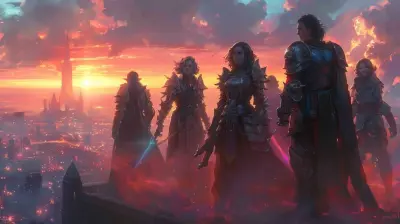

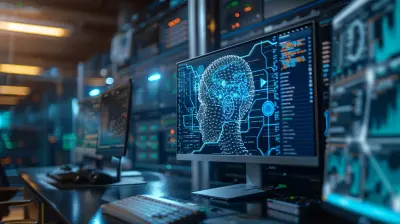
Scarlett Klein
Community support in e-sports truly shows the strength of connection; fans uplift each other in incredible ways.
April 24, 2025 at 3:57 AM